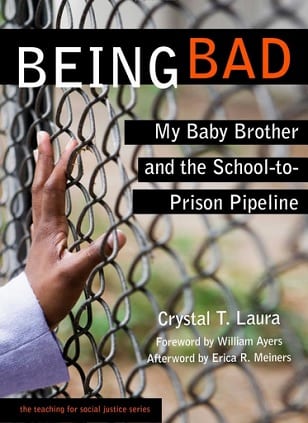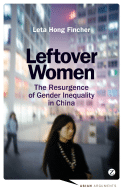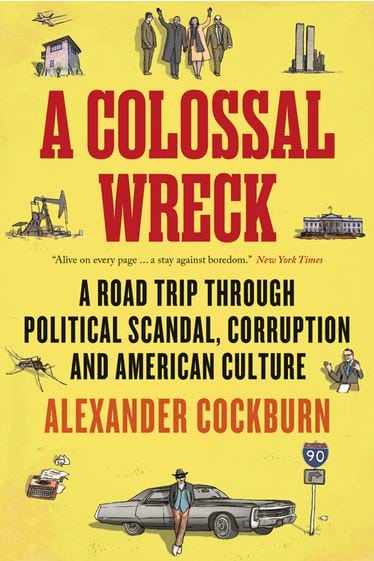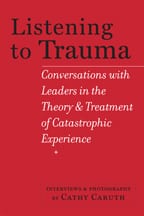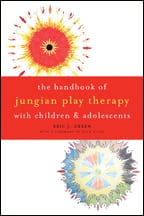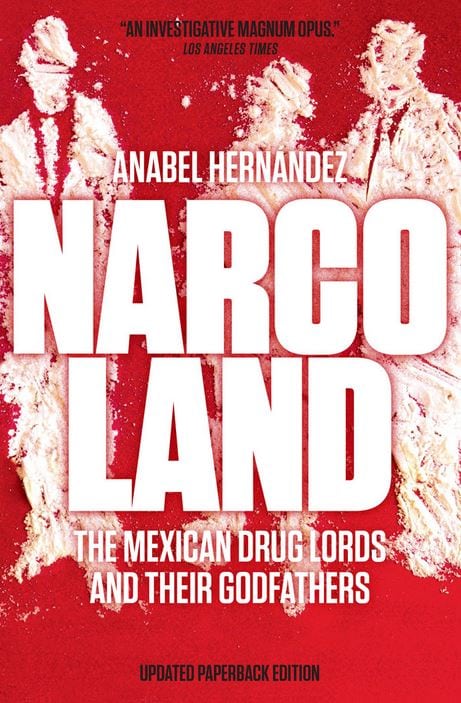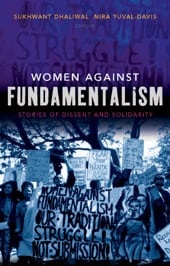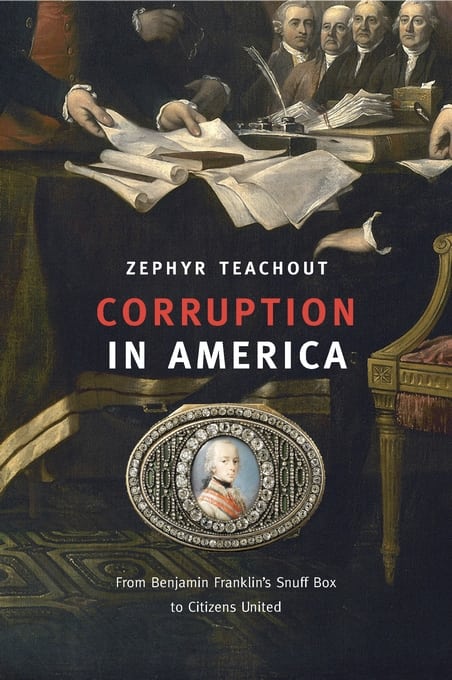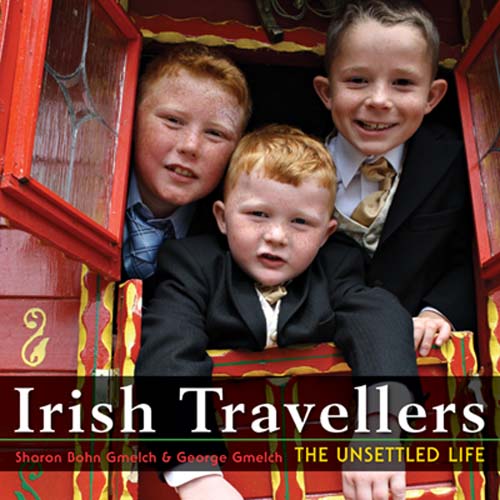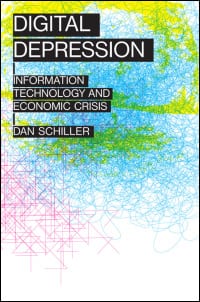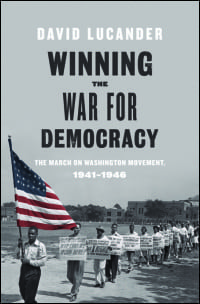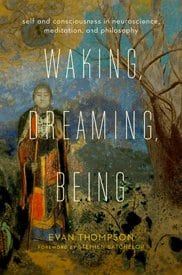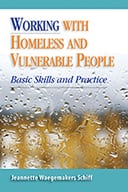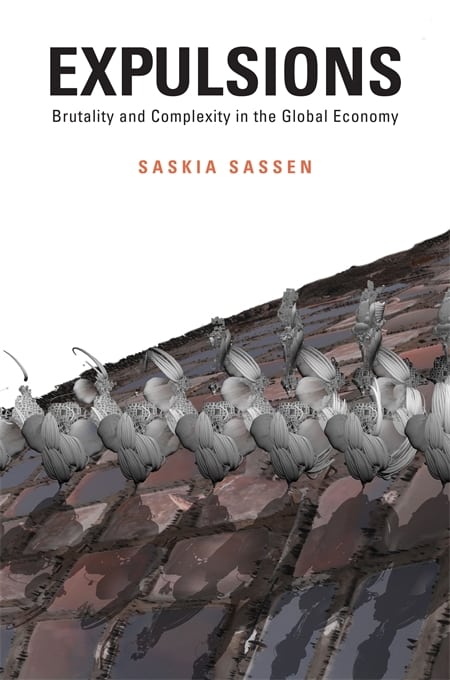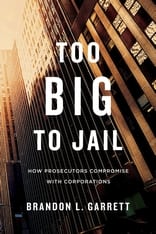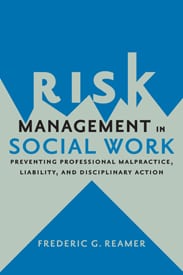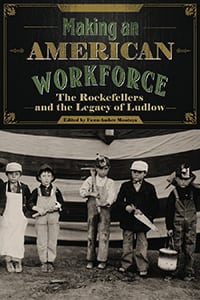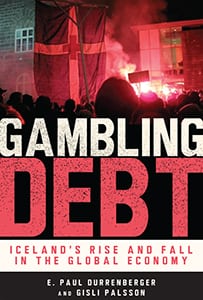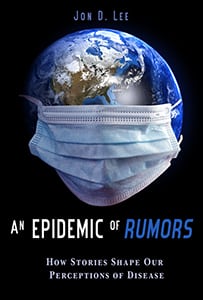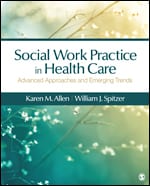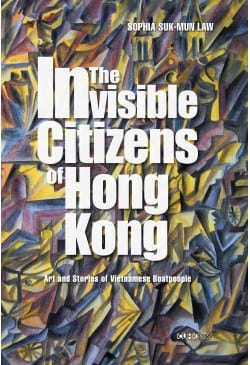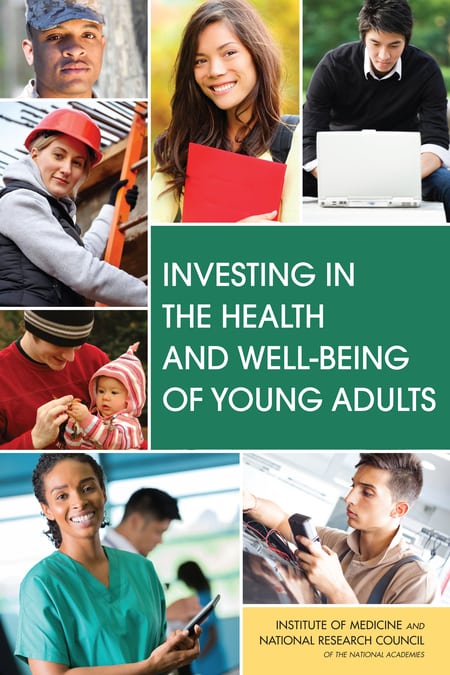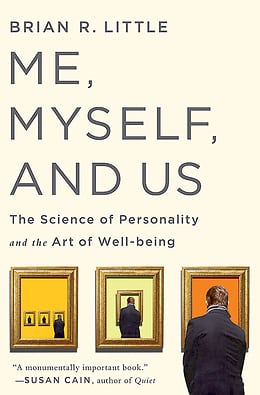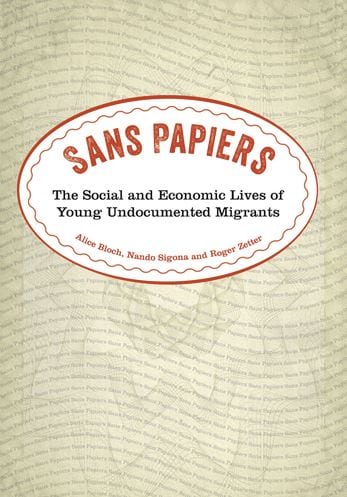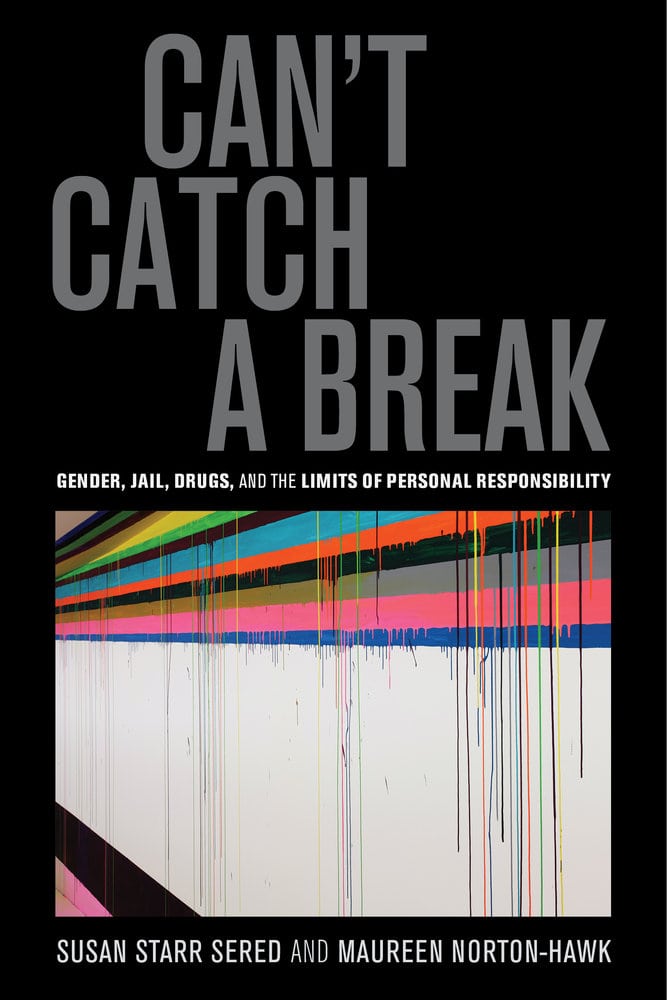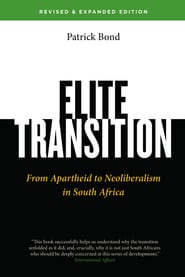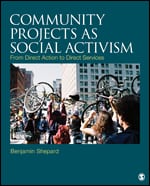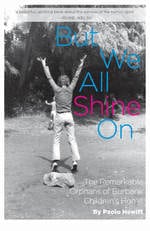Mental Health Informatics
Leftover Women: The Resurgence of Gender Inequality in China
Dixie Bohemia: A French Quarter Circle in the 1920s
A Colossal Wreck: A Road Trip Through Political Scandal, Corruption and American Culture
Whether ruthlessly exposing Beltway hypocrisy, pricking the pomposity of those in power, or tirelessly defending the rights of the oppressed, Cockburn never pulled his punches and always landed a blow where it mattered. In this panoramic work, covering nearly two decades of American culture and politics, he explores subjects as varied as the sex life of Bill Clinton and the best way to cook wild turkey. He stands up for the rights of prisoners on death row and exposes the chicanery of the media and the duplicity of the political elite.
Listening to Trauma: Conversations with Leaders in the Theory and Treatment of Catastrophic Experience
Gender on the Edge: Transgender, Gay, and Other Pacific Islanders
The Handbook of Jungian Play Therapy with Children and Adolescents
Narcoland: The Mexican Drug Lords and Their Godfathers
Hacker, Hoaxer, Whistleblower, Spy: The Many Faces of Anonymous
Women Against Fundamentalism: Stories of Dissent and Solidarity
Corruption in America: From Benjamin Franklin’s Snuff Box to Citizens United
In 2010, one of the most consequential Court decisions in American political history gave wealthy corporations the right to spend unlimited money to influence elections. Anthony Kennedy’s majority opinion treated corruption as nothing more than explicit bribery, a narrow conception later echoed by Roberts in deciding McCutcheon v. FEC in 2014. With unlimited spending transforming American politics for the worse, warns Zephyr Teachout, Citizens United and McCutcheon were not just bad law but bad history. If the American experiment in self-government is to have a future, then we must revive the traditional meaning of corruption and embrace an old ideal.
Irish Travellers: The Unsettled Life
Anthropologists George and Sharon Gmelch have been studying the itinerant people known as Travellers since their fieldwork in the early 1970s, when they lived among Travellers and went on the road in their own horse-drawn wagon. In 2011 they returned to seek out families they had known decades before—shadowed by a film crew and taking with them hundreds of old photographs showing the Travellers’ former way of life. Many of these images are included in this book, alongside more recent photos and compelling personal narratives that reveal how Traveller lives have changed now that they have left nomadism behind.
Evil Men
Drawing on firsthand interviews with convicted war criminals from the Second Sino-Japanese War (1937–1945), James Dawes leads us into the frightening territory where soldiers perpetrated some of the worst crimes imaginable: murder, torture, rape, medical experimentation on living subjects. Transcending conventional reporting and commentary, Dawes’s narrative weaves together unforgettable segments from the interviews with consideration of the troubling issues they raise. Telling the personal story of his journey to Japan, Dawes also lays bare the cultural misunderstandings and ethical compromises that at times called the legitimacy of his entire project into question. For this book is not just about the things war criminals do. It is about what it is like, and what it means, to befriend them.
Digital Depression Information Technology and Economic Crisis
The Harm in Hate Speech
Winning the War for Democracy: The March on Washington Movement, 1941-1946
Policing Sexuality The Mann Act and the Making of the FBI
In upholding the Mann Act, the FBI reinforced sexually conservative views of the chaste woman and the respectable husband and father. It built its national power and prestige by expanding its legal authority to police Americans’ sexuality and by marginalizing the very women it was charged to protect.
Coming to My Senses: One Woman’s Cochlear Implant Journey
Waking, Dreaming, Being: Self and Consciousness in Neuroscience, Meditation, and Philosophy
Death, Mourning, and the Afterlife in Korea: Ancient to Contemporary Times
Working with Homeless and Vulnerable People: Basic Skills and Practices
It has long been established that access to food, clothing, medical care, and housing are fundamental human rights the world over. Helping the approximately 600,000 Americans and 300,000 Canadians who are currently homeless work toward this goal is a complex undertaking. This text presents the fundamental knowledge and skills that frontline workers need in order to help vulnerable and homeless persons. It provides readers with both an understanding of the lived experiences of those who have faced homelessness and an outline of the interprofessional practice context of services for homeless people. Waegemakers Schiff focuses on the interventions and best practices that have been found to be most effective in making connections, establishing helping relationships, and working with individuals on moving toward stabilization.
Baby Boomers of Color: Implications for Social Work Policy and Practice
Because researchers often treat baby boomers of color as belonging to one group, quality data on the individual status of specific racial populations is lacking, leading to insufficiently designed programs, policies, and services. The absence of data is a testament to the invisibility of baby boomers of color in society and deeply affects the practice of social work and other helping professions that require culturally sensitive approaches.
Expulsions: Brutality and Complexity in the Global Economy
Soaring income inequality and unemployment, expanding populations of the displaced and imprisoned, accelerating destruction of land and water bodies: today’s socioeconomic and environmental dislocations cannot be fully understood in the usual terms of poverty and injustice, according to Saskia Sassen. They are more accurately understood as a type of expulsion—from professional livelihood, from living space, even from the very biosphere that makes life possible.
Too Big to Jail: How Prosecutors Compromise with Corporations
American courts routinely hand down harsh sentences to individual convicts, but a very different standard of justice applies to corporations. Too Big to Jail takes readers into a complex, compromised world of backroom deals, for an unprecedented look at what happens when criminal charges are brought against a major company in the United States.
Risk Management in Social Work: Preventing Professional Malpractice, Liability, and Disciplinary Action
Rooted in his own experiences as an expert witness in court and licensing board cases, the volume introduces the concepts of negligence, malpractice, and liability before turning to the subject of risk management. Drawing and reflecting on recent cases and research, Reamer details a variety of problems in the social work field relating to privacy and confidentiality, improper treatment and delivery of services, impaired practitioners, supervision, consultation and referral, fraud and deception, and termination of service.
Through the Window Kinship and Elopement in Bosnia-Herzegovina
Making an American Workforce: The Rockefellers and the Legacy of Ludlow
Making an American Workforce provides greater insight into the repercussions of the Industrial Representation Plan and the Ludlow Massacre, revealing the long-term consequences of Colorado Fuel and Iron Company policies on the American worker, the state of Colorado, and the creation of corporate culture.
Moral Hazard in Health Insurance
Gambling Debt: Iceland’s Rise and Fall in the Global Economy
Gambling Debt is a game-changing contribution to the discussion of economic crises and neoliberal financial systems and strategies. Iceland’s 2008 financial collapse was the first case in a series of meltdowns, a warning of danger in the global order. This full-scale anthropology of financialization and the economic crisis broadly discusses this momentous bubble and burst and places it in theoretical, anthropological, and global historical context through descriptions of the complex developments leading to it and the larger social and cultural implications and consequences.
An Epidemic of Rumors: How Stories Shape Our Perceptions of Disease
Social Work Practice In Health Care: Advanced Approaches and Emerging Trends
The Invisible Citizens of Hong Kong Art and Stories of Vietnamese Boatpeople
On May 3, 1975, Hong Kong received its first cohort of 3,743 Vietnamese boatpeople. The incident opened a 25-year history that belongs to a larger context of forced migration in modern social history. By researching all possible textual material available, the book provides a comprehensive review of the collective history of the Vietnamese boatpeople. Moreover, it intertwines historical archives with personal drawings created by the Vietnamese living in Hong Kong detention camps, recapping a collective memory with its human face.
Investing in the Health and Well-Being of Young Adults
Me, Myself and Us: The Science of Personality and the Art of Well-Being
Integrated Care, Working at the Interface of Primary and Behavioral Health Care
Shadow Government: Surveillance, Secret Wars and a Global Security State in a Single-Superpower World
The Essential Mario Savio: Speeches and Writings that Changed America
The Free Speech Movement in Berkeley, California, was pivotal in shaping 1960s America. Led by Mario Savio and other young veterans of the civil rights movement, student activists organized what was to that point the most tumultuous student rebellion in American history. Mass sit-ins, a nonviolent blockade around a police car, occupations of the campus administration building, and a student strike united thousands of students to champion the right of students to free speech and unrestricted political advocacy on campus.
Sans Papiers: The Social and Economic Lives of Young Undocumented Migrants
935 Lies: The Future of Truth and the Decline of America’s Moral Integrity
Can’t Catch a Break: Gender, Jail, Drugs, and the Limits of Personal Responsibility
Written as I Remember It: Teachings from the Life of a Sliammon Elder
Long before vacationers and boaters discovered BC’s Sunshine Coast, the Sliammon, a Coast Salish people, called it and surrounding regions home. In this remarkable book, Elsie Paul, one of the last surviving mother-tongue speakers of the Sliammon language, collaborates with a scholar, Paige Raibmon, and her granddaughter, Harmony Johnson, to tell her life story and the history of her people, in her own words and storytelling style.
Elite Transition – Revised and Expanded Edition From Apartheid to Neoliberalism in South Africa
Rise of the Warrior Cop: The Militarization of America’s Police Forces
Body Counts: The Vietnam War and Militarized Refugees
Historical GIS Research in Canada
Fighting Corporate Abuse: Beyond Predatory Capitalism
The group of authors, all experts in their fields, tackle head-on the issues of tax evasion, extraction of value and asset stripping, environmental destruction and managerial self-interest. In doing so, they paint a picture of a system that is abusive, and degenerated, but also a system which can be reformed.
